Data breach exposes 21 Million employee screenshots from a workplace surveillance tool

In a staggering privacy breach, over 21 million images documenting employee activity from a workplace surveillance tool have been leaked. The affected app is called WorkComposer, which is used by IT teams to monitor employees in an office.
The leak was discovered by researchers at Cybernews, who revealed that the images contained sensitive data, including full-screen captures of emails, internal communication, and confidential documents, potentially placing thousands of employees and companies at risk. According to the report, the images were hosted on an unsecured Amazon S3 bucket. Toms Guide reports that WorkComposer secured the exposed data after being informed of the breach. However, the damage could have been done, as anyone could have viewed sensitive corporate information.
This in turn could have violated both the European Union's General Data Protection Regulation (GDPR) and the California Consumer Privacy Act (CCPA), placing affected companies at risk of significant legal repercussions. The leaked information could facilitate identity theft, unauthorized access to employee accounts, and even broader data breaches targeting the businesses themselves.
WorkComposer is utilized by more than 200,000 users, it operates by monitoring productivity through keylogging, tracking application use, and taking regular desktop screenshots. While its purpose is to enhance workplace efficiency, the exposure of such a vast trove of data raises severe privacy concerns. The ethical implications surrounding the use of such workplace surveillance tools continue to be a contentious issue. Employees often lack control over what these applications capture, which could extend to sensitive personal information like private chats, medical data, etc.
A similar breach, linked to another surveillance tool called WebWork exposed 13 million screenshots earlier this year. Such recurring vulnerabilities in workplace monitoring systems raise alarms about the broader consequences of unregulated data practices. These incidents highlight the urgent need for clearer regulations and privacy standards of employee monitoring, considering that many people work remotely.
Advertisement




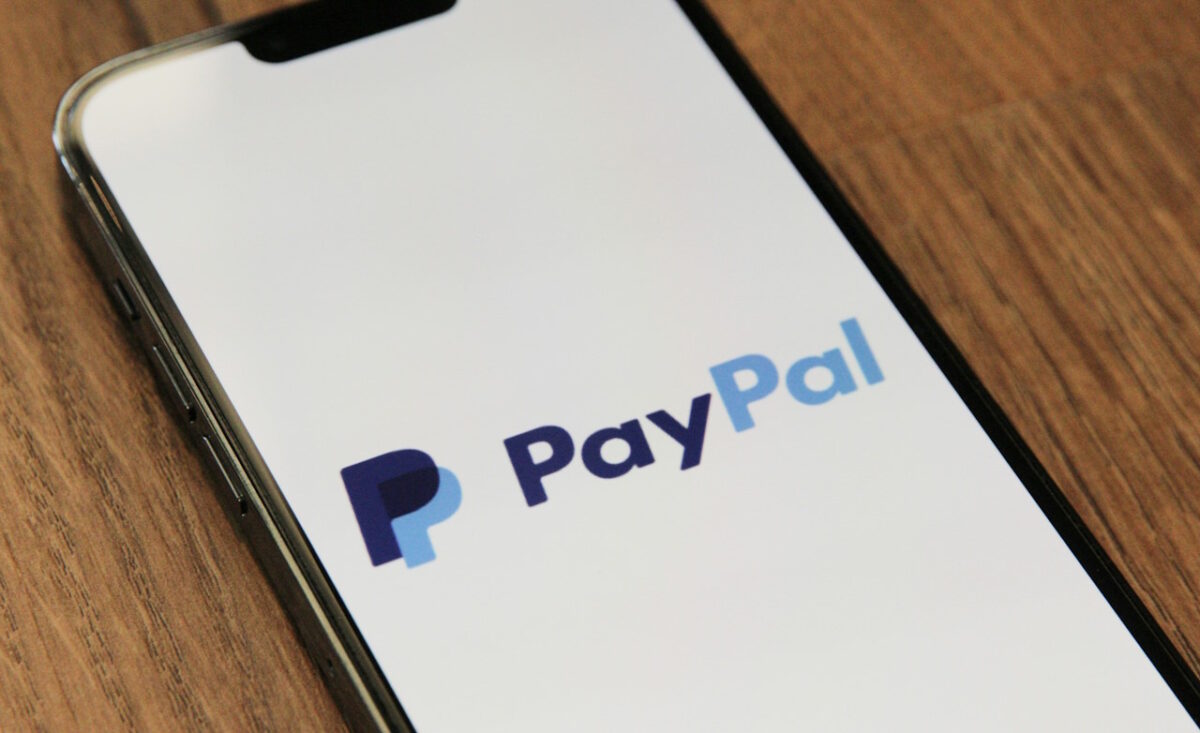

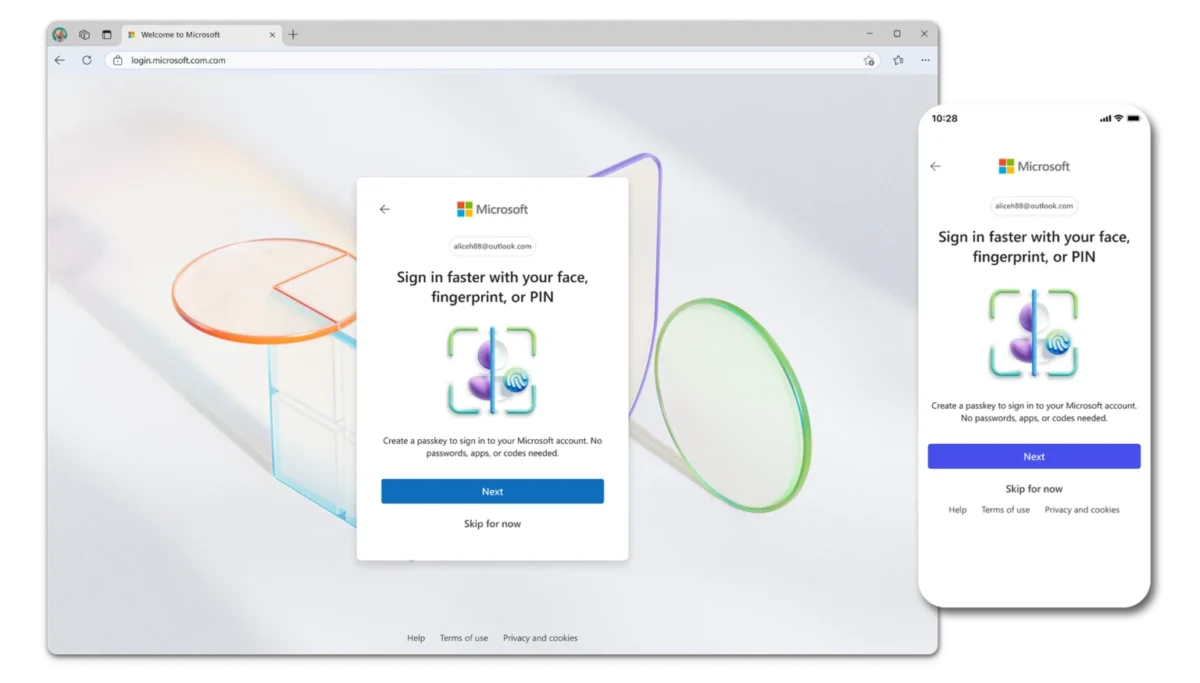
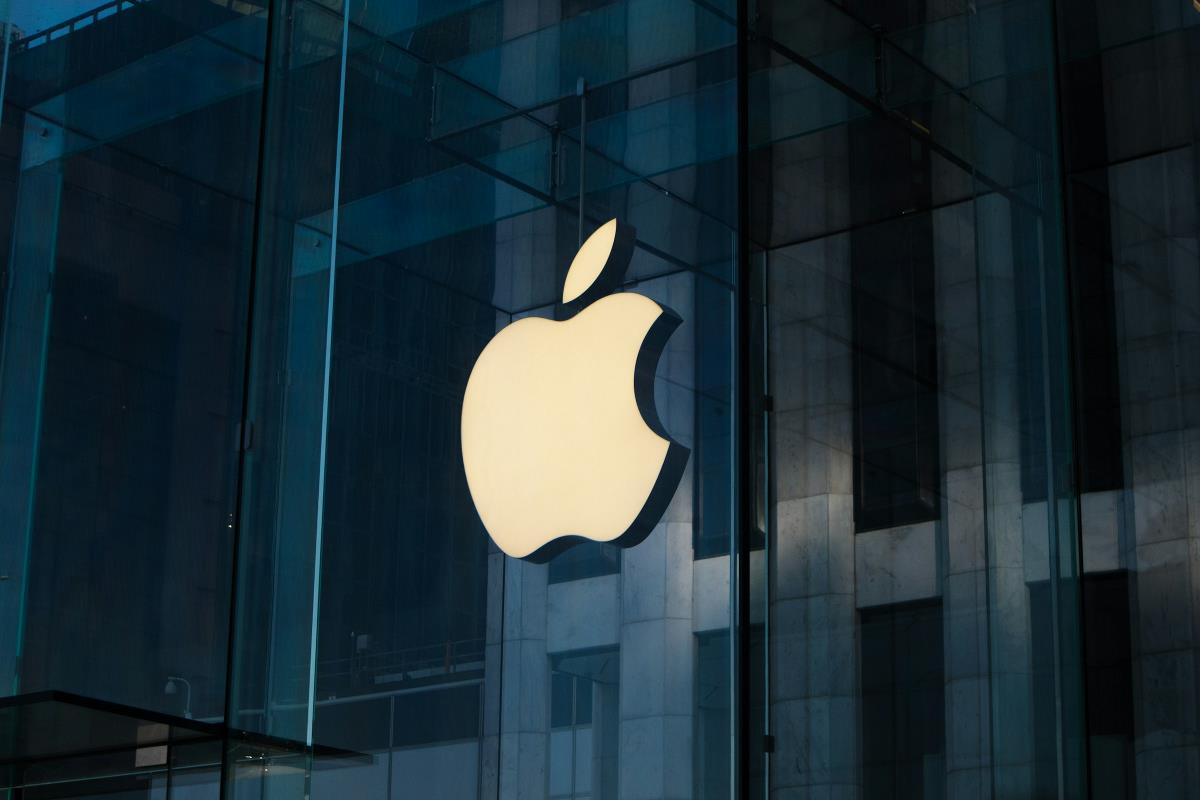

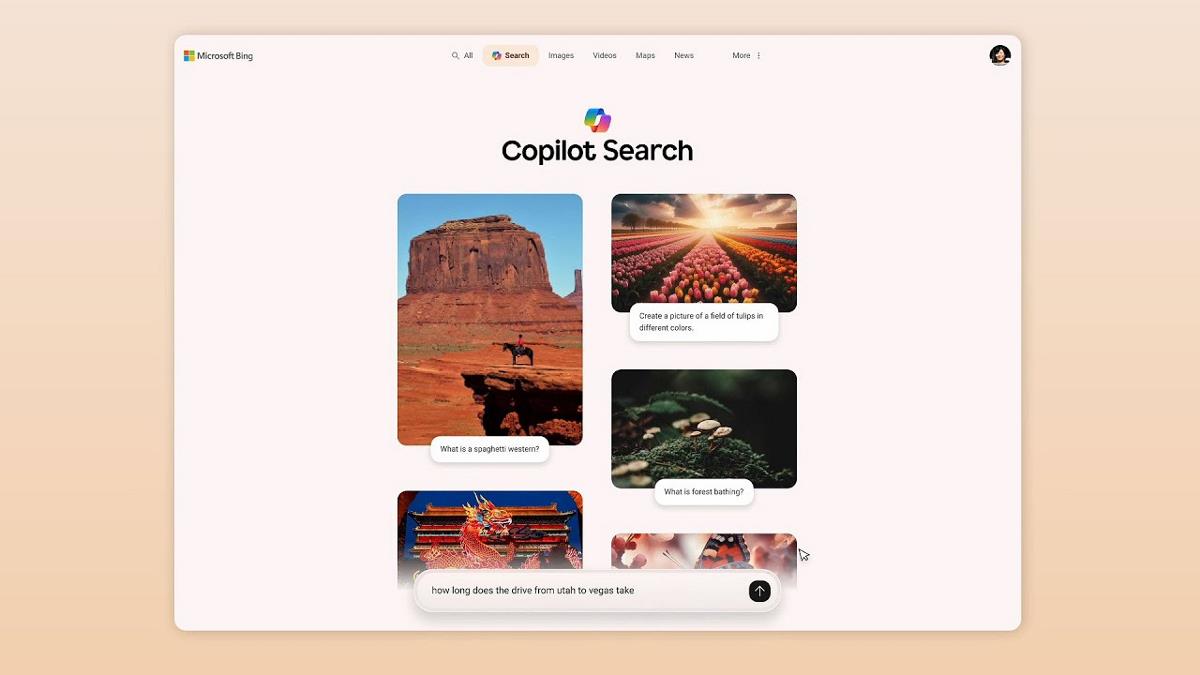
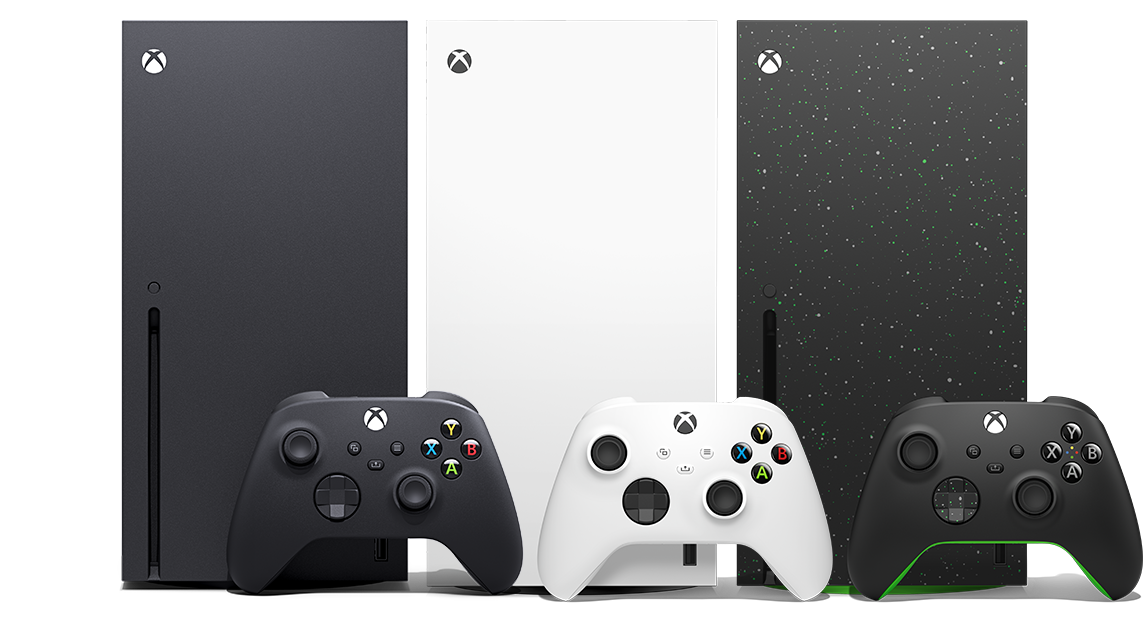
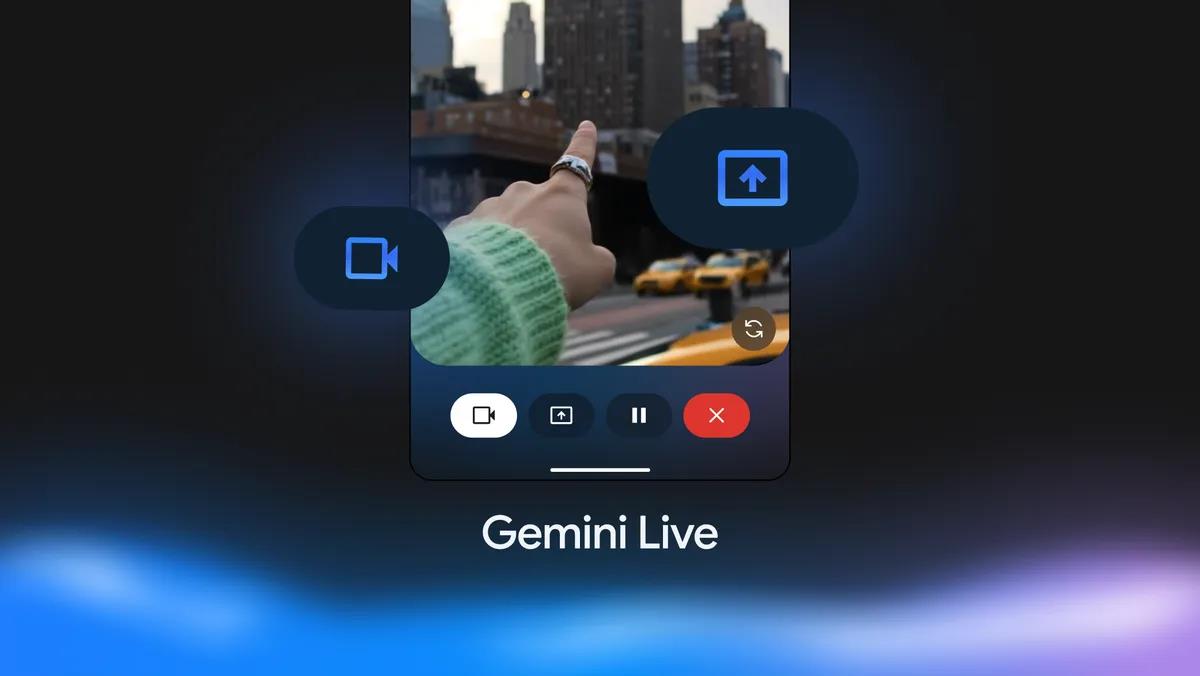
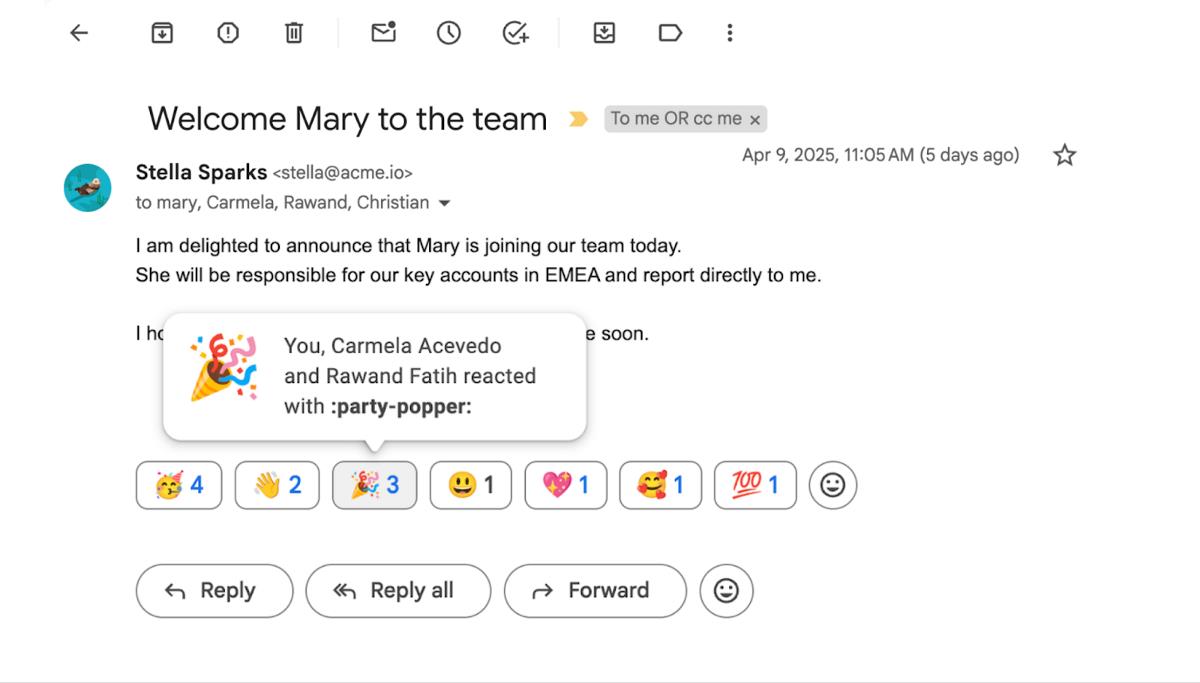

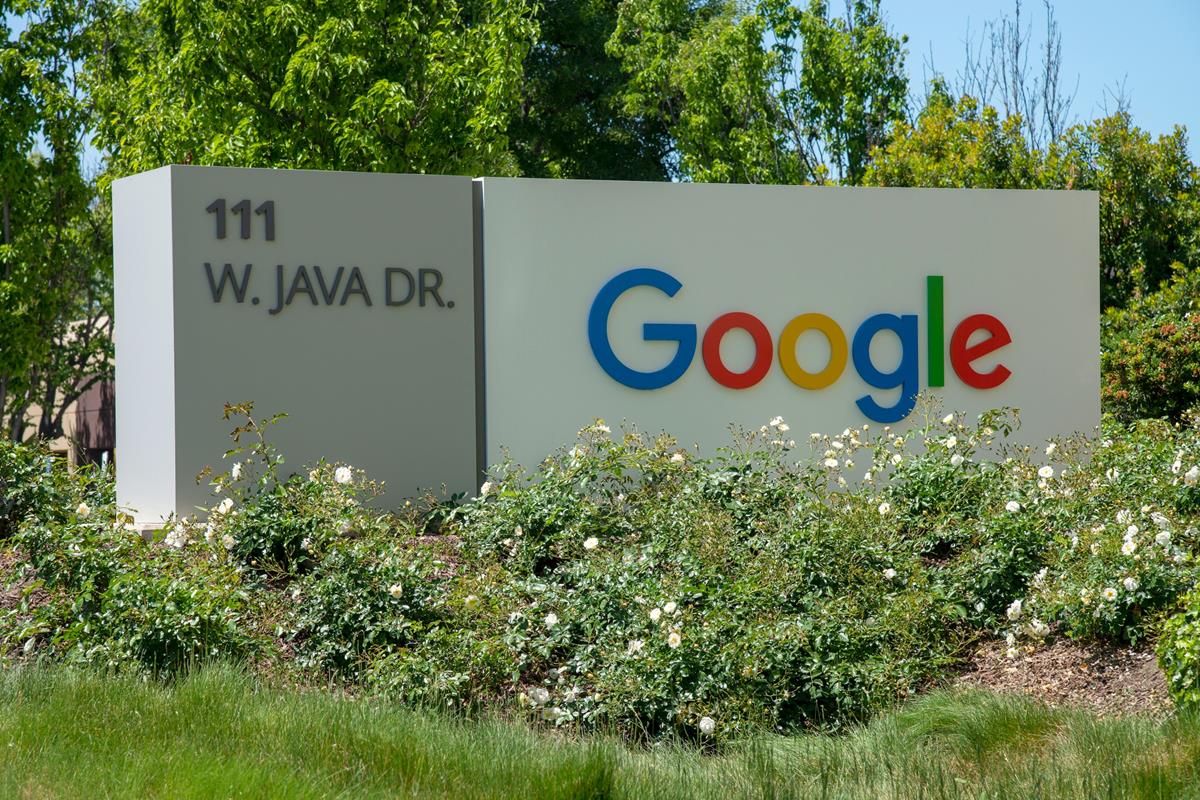
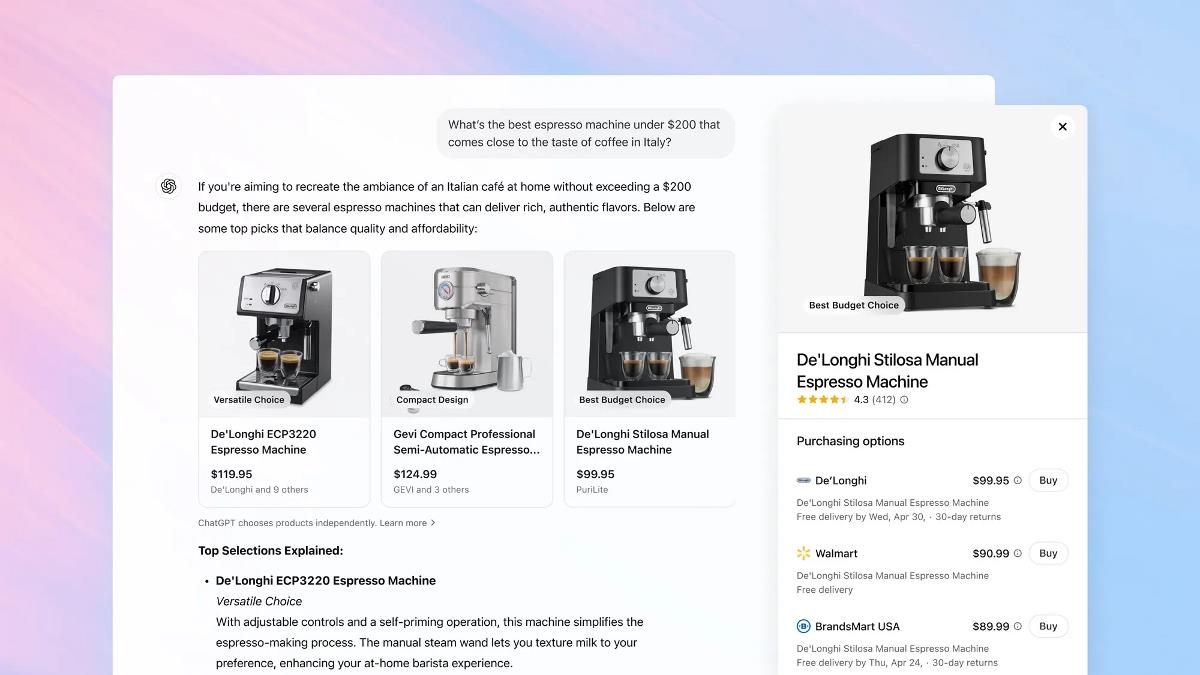

Windows Recall ?
I am shocked that this kind of software seems to even be allowed in civilized countries. In my country tools like this are explicitly prohibited to be used by employers by labor laws. In a lawsuit this would result in at least a heavy fine and other legal consequences for the company.
Workplace and surveillance sound like a jail’s environment. I’ve never been confronted to such a radical approach of productivity. My experience is that of happy or unhappy workers (from the 1st floor to the last) leading to good and even excellent results when happiness at work prevails. I wouldn’t have accepted my work being tracked 8 hours a day, that would have made me unhappy and deliver bad work hence get fired.
My employer has been using workplace surveillance tools since at least 2015. They increased it when the COVID-19 lockdowns started in 2020. Then they installed even more workplace surveillance tools a couple of months ago. Everything we do or type is recorded, and I can literally see screenshots being taken the tools are so bad. Looks like the screenshots are at random times.
My work computer is so weighed down by “security” applications and surveillance tools that, with nothing else running other than Windows 11 and those applications and tools, over half of the computer’s RAM is used and it’s a bit slower than it was before the newest round of workplace surveillance tools were installed in February.
It’s just the price of a white collar job in the United States at the moment. I learned a long time ago not to use my work computer for anything personal, and if a co-worker DMs me with something personal or political (as one of my co-workers likes to do), I ignore it and don’t respond. Now they just introduced an AI chatbot to make us “more productive,” and are going to give us mandatory training on how to use it. Bleh.
You know, @Lunar Rolin, I’ve always been convinced that happy people participate much more to an entity’s success (company, country and you name it) and, when it comes to workplaces, this includes the entirety of the staff, white collars as blue ones.
A friend of mine who participated to Raymond Barre’s (French Prime Minister in the seventies) courses as Mr. Barre then taught economics in University as well, told me that the Barre’s teachings would occasionally refer to the “Faust” theme which evokes the duality between being respected/obeyed by “love” of by fear. I guess answers diverge yet experience has brought me to the conclusion that “love” (in the wide sens of the word, that is from sympathy, empathy to “true” love) does it whilst fear only brings immediate results at the price of consciousnesses which, one day or another, may very well express themselves in violent ways. Life is *not* a jungle, whatever a certain approach of business may think or pretend to think in order to validate, legitimize practices which are those of a primitive civilizations. Live and let live is not anatomic with fair business, fair and healthy competition. Human faced capitalism is possible. I’d say, in analogy with religions, let us not mistake an institution, a political doctrine with those who participate to it’s development.